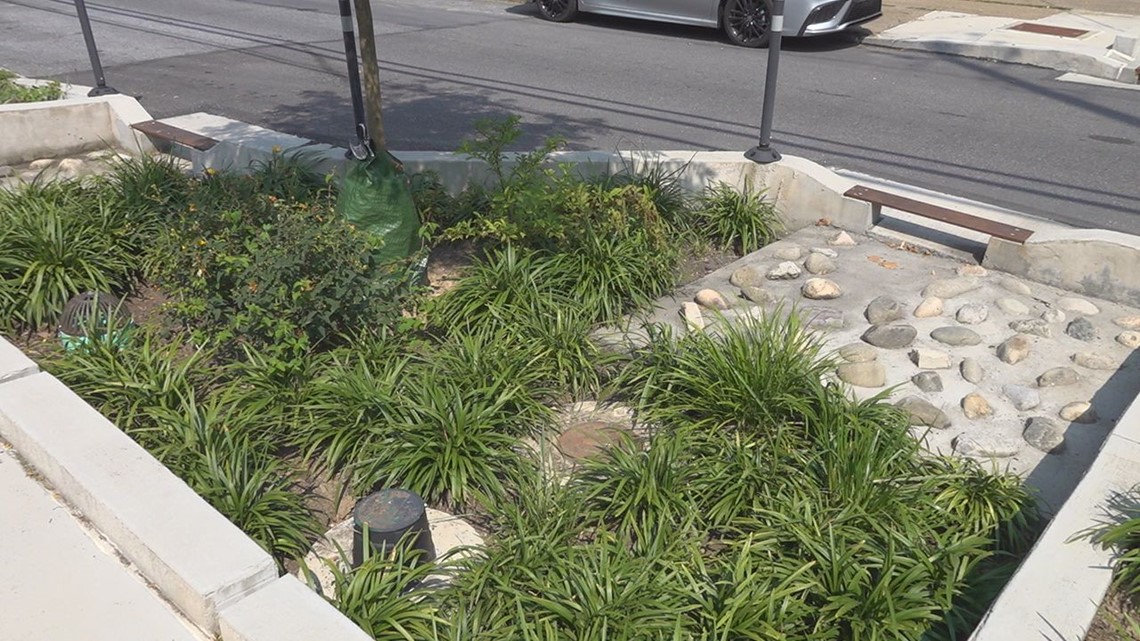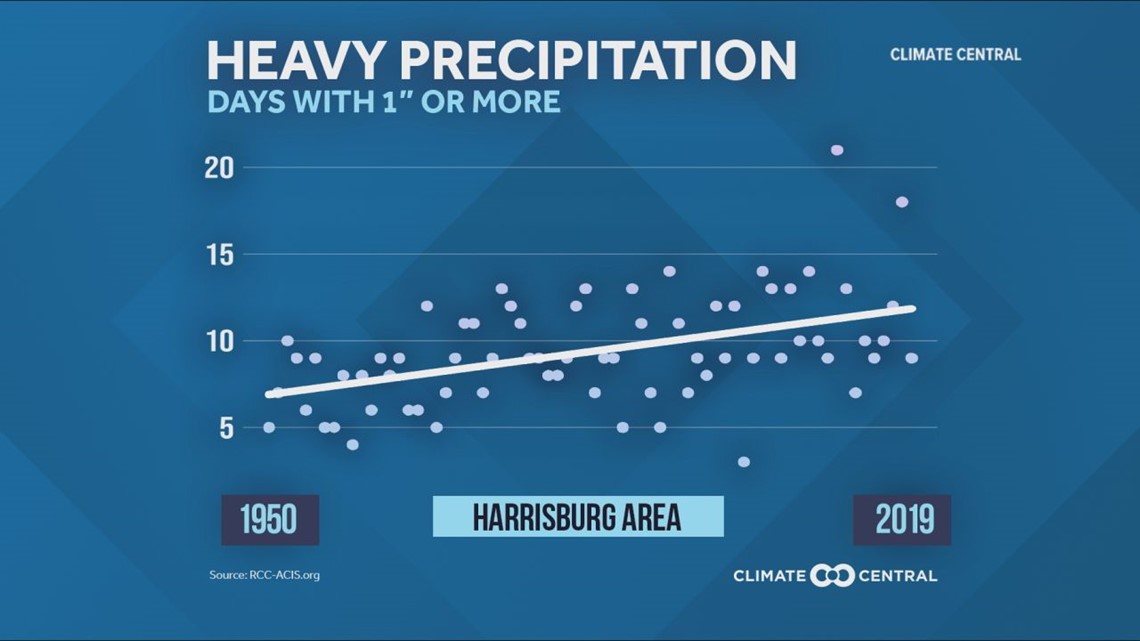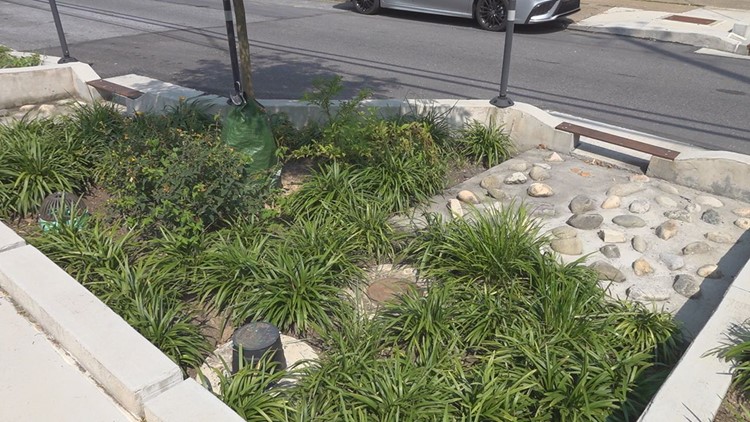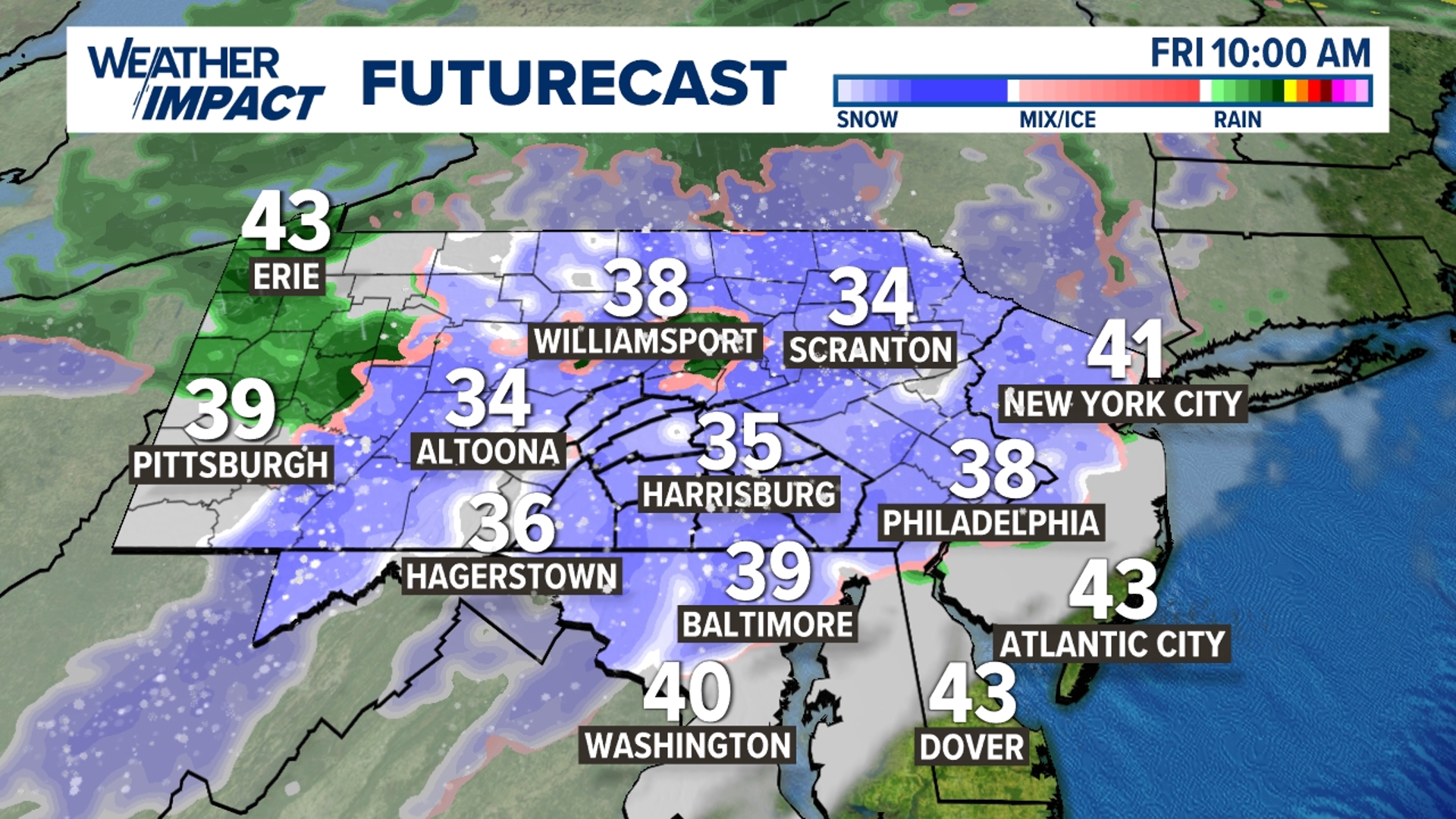Walking down third street in downtown Harrisburg this summer, you might notice flowers and other garden beds along the intersections. These flower beds are not just in place for their good looks, but also serve an important role in the infrastructure of the city.
The current infrastructure does a good job on sunny to light rainfall days as it's combined sewer system handles both domestic sewage and storm water runoff. However, on heavy rainfall days and during extreme weather events, storm water can cause flooding issues and overwhelm the aging and undersized system. This can result in untreated water entering the Susquehanna River and Paxton Creek.
Parts of Harrisburg's infrastructure date back to the late 1800s to early 1900s, according to Claire Maulhardt, who is the City Beautiful H2O Program Manager for Capital Region Water.
To combat the issue of both local flooding and storm water runoff, Capital Region Water is installing green infrastructure across the city, including gravel beds and other garden beds to help control the water.
“This is really one of our major strategies in addressing combined sewer overflows and wet weather control," Maulhardt tells Fox43. “The projects on 3rd street have been in the ground for a couple of years and so there’s beautiful flowering plants in the systems and bringing wildlife, like you can see there bees pollinating the flowers, and our hope is to implement these to beautify our city.”
When there is a heavy rain event, water collects in these garden beds and gravel areas that you can see on many intersections along third street.


“If there is a heavier storm, the water goes into that gravel bed, and we have an underdrain that has a cap at the end that has a very small hole that lets it slow release back into our system," Maulhardt says.
This helps to not overwhelm the system during rainfall events, which are becoming more frequent in South Central Pennsylvania as our climate changes according to Climate Central.


Other green infrastructure you’ll find across the city include rain gardens and community parks with porous basketball courts and parking lots. Their latest project is a community park at 4th and Dauphin, which is set to officially open next month.
“We’re looking to, you know, over the next 20 plus years, implement hundreds of these around the city," Maulhardt says.
These green spaces are not only helping to reduce local flooding, but create a pollinator habitat, as well as green gathering spaces for residents to enjoy.


